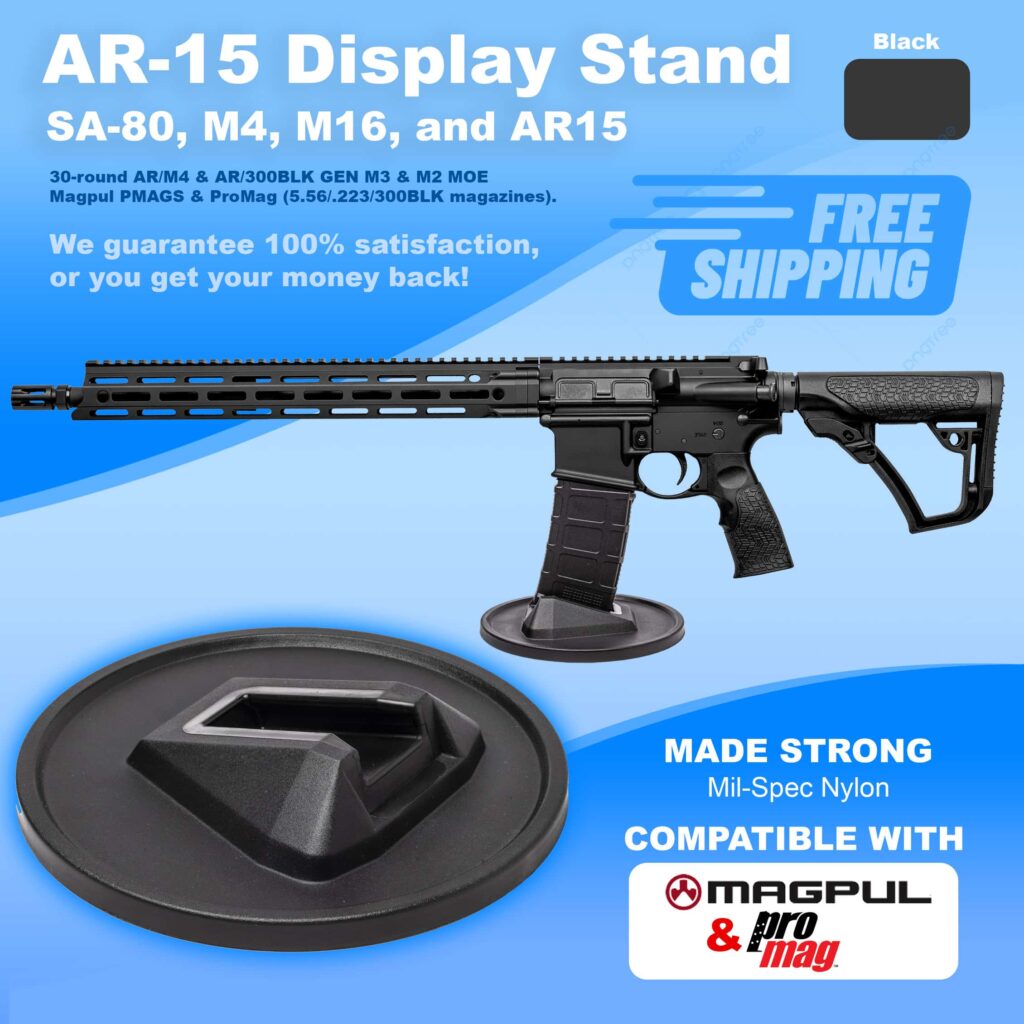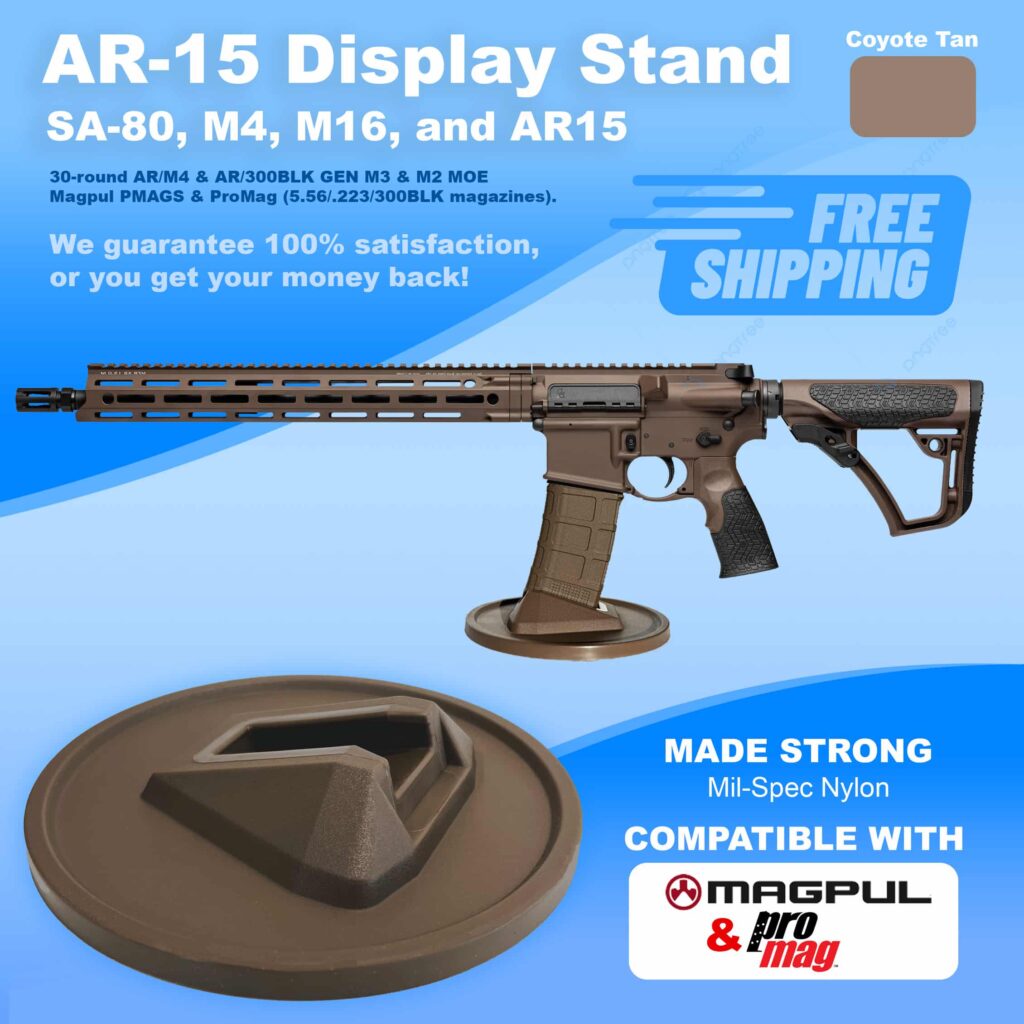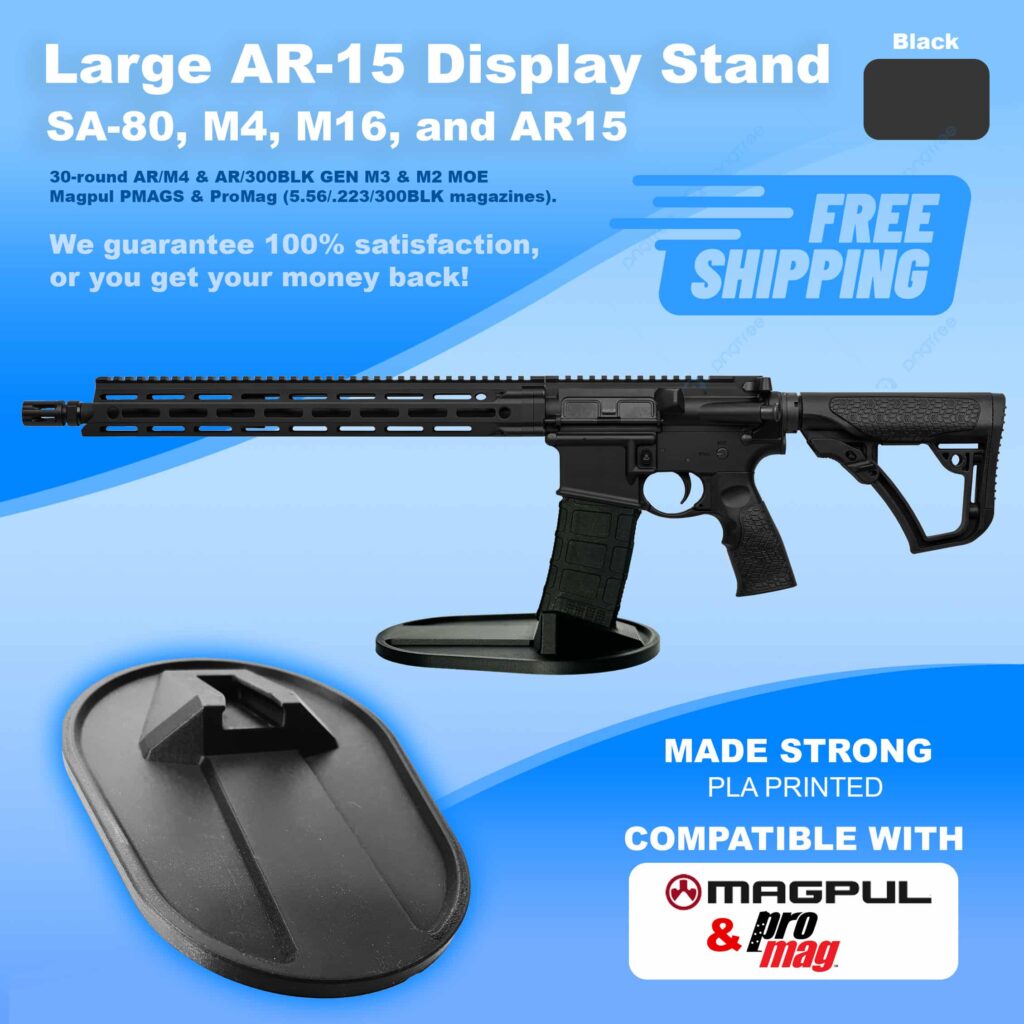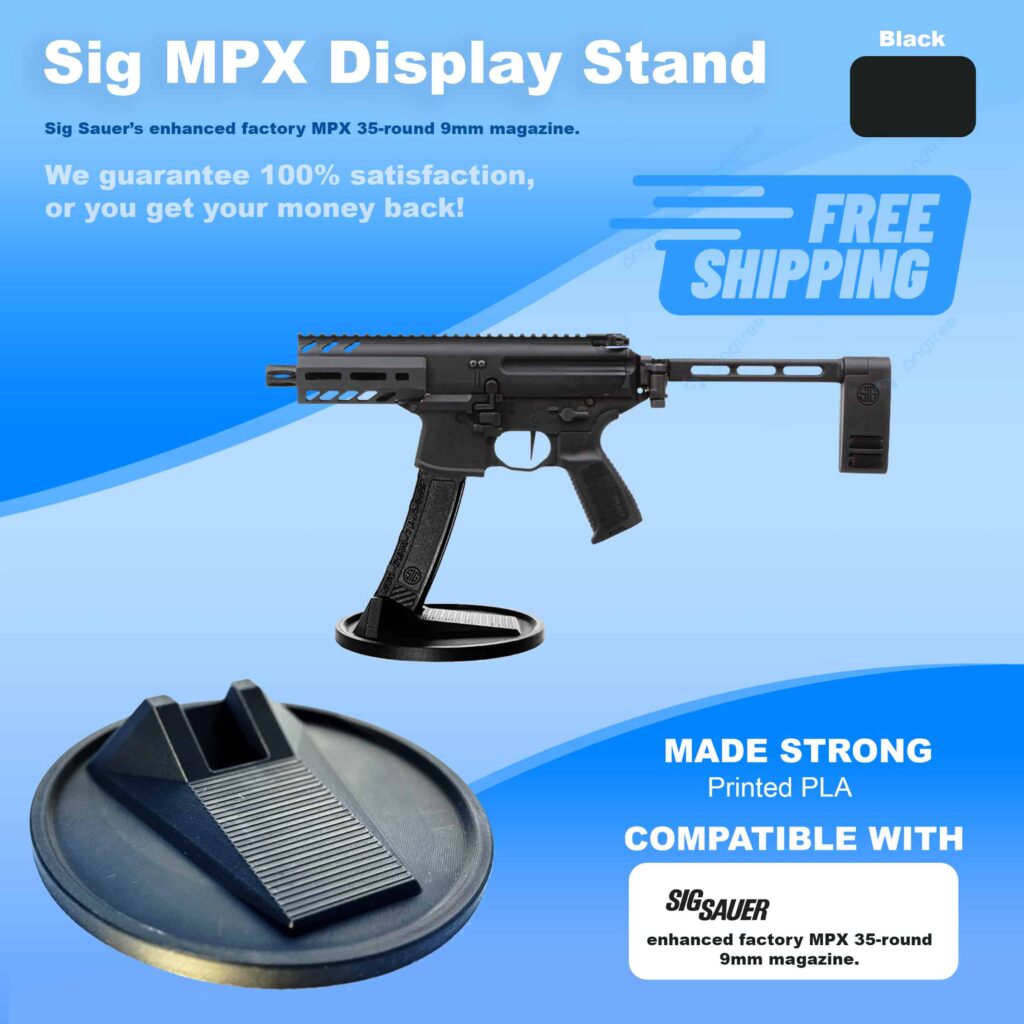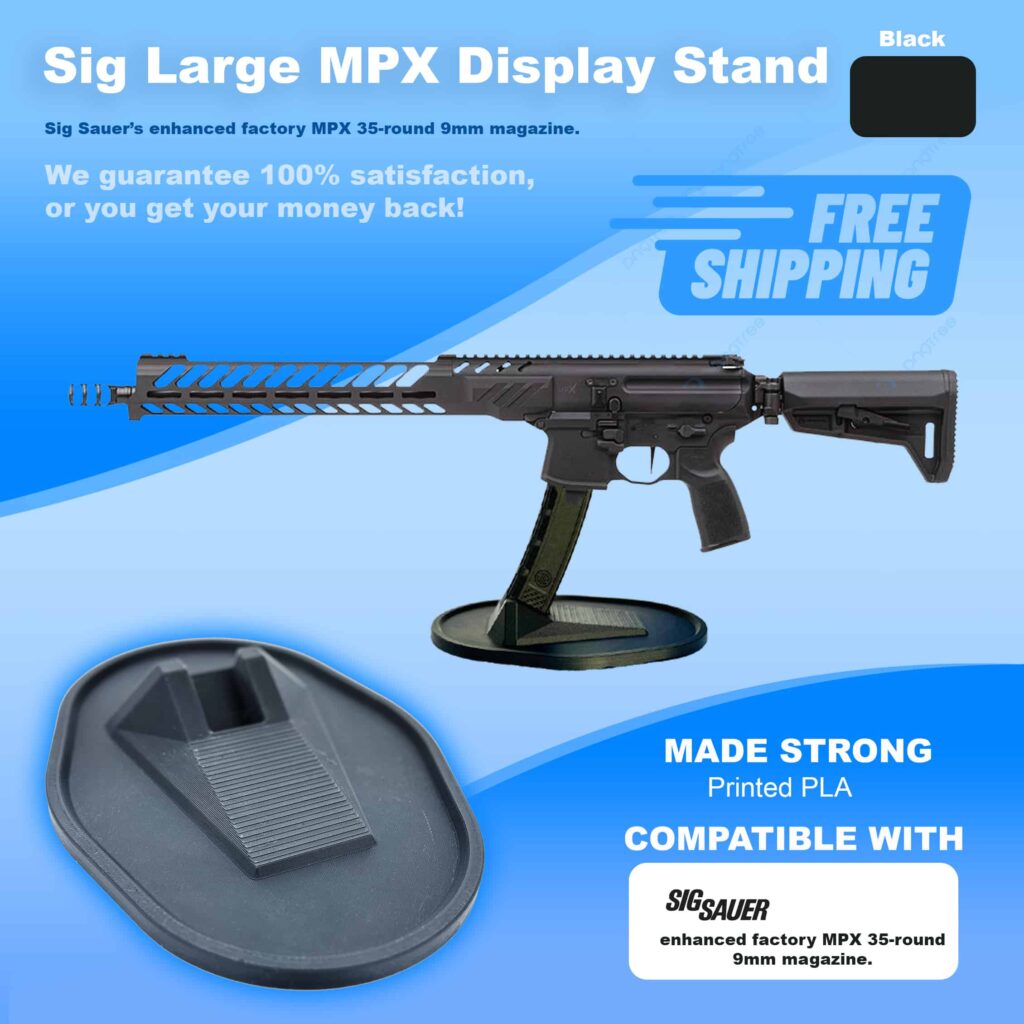Concealed carry laws and safety are crucial topics for anyone who owns or is considering owning a firearm for self-defense. With the rise in the number of individuals legally carrying concealed weapons in the United States, understanding the laws, regulations, and safety precautions is more important than ever. This guide will cover key aspects of concealed carry laws, the responsibilities of concealed carry permit holders, essential safety practices, and the significance of ongoing training to ensure responsible firearm usage.
Understanding Concealed Carry Laws
Concealed carry refers to the practice of carrying a firearm in a concealed manner on one’s person, typically in a holster or bag, where it is not visible to others. Each state in the U.S. has its own set of laws and regulations regarding concealed carry, leading to a wide variety of rules governing the practice. However, there are general principles and common laws that many states adhere to.
Types of Concealed Carry Permits:
- Shall-Issue States: In these states, if an individual meets the required criteria, they must be issued a concealed carry permit. Authorities do not have the discretion to deny a permit to eligible applicants. These criteria typically include background checks, fingerprinting, residency requirements, and age limits.
- May-Issue States: In may-issue states, law enforcement authorities have discretion over whether to grant a concealed carry permit. Although an applicant may meet the basic requirements, the local authority has the final say based on their judgment and perceived need for self-defense.
- Constitutional Carry States: Some states have adopted constitutional carry laws, which allow eligible individuals to carry a concealed firearm without requiring a permit. These states generally have strict requirements for firearm ownership, such as passing a background check or meeting age requirements, but no formal permit is needed.
- Non-Permissive States: There are states that do not allow concealed carry permits or severely limit the ability to carry a firearm concealed. In these areas, concealed carry is either illegal or only permitted in rare circumstances, such as for law enforcement officers or private security personnel.
Federal Concealed Carry Laws:
While concealed carry laws vary by state, there are federal laws that affect concealed carry across the nation. One significant example is the Law Enforcement Officers Safety Act (LEOSA), which allows certain retired and active law enforcement officers to carry concealed weapons nationwide, regardless of state laws.
Additionally, the National Firearms Act (NFA) and Gun Control Act (GCA) set federal regulations for purchasing firearms and restrict certain individuals (such as felons, minors, and those with restraining orders) from possessing or carrying concealed weapons.
Concealed Carry Permit Requirements
To legally carry a concealed firearm, individuals must apply for and receive a concealed carry permit. The process typically includes several key requirements:
- Background Check: Applicants are subject to background checks to ensure they have no criminal history that would disqualify them from owning or carrying a firearm. This often includes checks for felony convictions, domestic violence offenses, and mental health issues.
- Age Requirements: In most states, applicants must be at least 21 years old to apply for a concealed carry permit. Some states may allow individuals as young as 18 to carry concealed, typically in specific circumstances.
- Residency Requirements: Some states may require applicants to be residents of the state in which they are applying for a permit. However, there are states that honor out-of-state permits, allowing permit holders to carry concealed in other states with reciprocal agreements.
- Training Requirements: Many states require applicants to complete a concealed carry training course, which covers gun safety, local laws, and basic firearm handling skills. These courses are designed to ensure that permit holders are knowledgeable about how to safely use their firearm and navigate legal situations.
- Mental Health and Drug Screening: Concealed carry permit applicants must typically undergo mental health evaluations or screenings to ensure they are mentally stable and not under the influence of drugs or alcohol. This ensures that individuals carrying concealed weapons can do so responsibly.
Responsibilities of Concealed Carry Permit Holders
Owning a concealed carry permit comes with significant responsibilities. Here are some of the most important responsibilities for permit holders:
- Understanding Local Laws: Concealed carry permit holders must be aware of and comply with both state and local laws regarding the carrying of firearms. This includes knowing where firearms are prohibited, such as government buildings, schools, and private property where guns are not allowed.
- Concealment: The primary goal of concealed carry is to keep the firearm out of view. It’s important to follow state-specific guidelines on how and where a firearm may be carried concealed. Some states may require that the firearm be carried in a holster that is fully covered, while others may allow a firearm to be carried in a bag or purse.
- Use of Force: Permit holders must understand the laws surrounding the use of force, especially in self-defense situations. Many states operate under the “stand your ground” law or have a “castle doctrine,” which allows individuals to use force in self-defense without the duty to retreat. However, this does not mean that lethal force can be used at any time, and permit holders should be trained to assess and de-escalate situations before resorting to their firearm.
- Ongoing Training: Concealed carry permit holders must commit to continuous training to maintain proficiency with their firearm. Firearm laws, self-defense tactics, and firearm technology are constantly evolving. It’s crucial for permit holders to stay updated and practice regularly.
- Respecting Others’ Rights: Concealed carry permit holders must respect the rights of others and avoid using their firearm in any situation where it is unnecessary. Concealed carry is a tool for self-defense, not a means of intimidation or aggression.
Concealed Carry Safety Practices
Safety is paramount when carrying a concealed firearm. Here are some essential safety practices that every concealed carry permit holder should follow:
- Treat Every Firearm as Loaded: The most important rule of gun safety is to always assume the firearm is loaded, even if you know it is not. This mindset ensures that permit holders will be extra cautious when handling their firearm.
- Finger Off the Trigger: Never place your finger on the trigger until you are ready to fire. Keep your finger off the trigger and outside the trigger guard when drawing or carrying your firearm.
- Holster Your Firearm Securely: Use a high-quality holster that securely holds your firearm in place and prevents accidental discharges. Ensure that the holster is positioned properly on your body and allows you to draw the weapon safely and efficiently.
- Avoid Distractions: When carrying a concealed firearm, always remain aware of your surroundings. Avoid distractions and be mindful of potential threats or situations that may escalate. Being aware of your environment can prevent dangerous situations from arising.
- Practice Drawing and Firing: Practice drawing your firearm from your holster and firing in a controlled manner. Many concealed carry courses provide simulations and training drills to help you prepare for real-life situations. Regular practice will help improve your reaction time and overall firearm handling skills.
- Secure Your Firearm When Not in Use: Always store your firearm securely when not in use. Whether it’s at home, in your vehicle, or in public, ensure your firearm is safely secured to prevent unauthorized access or accidents.
Legal Considerations for Concealed Carry
Carrying a concealed weapon involves several legal considerations that permit holders must be aware of:
- Reciprocity Agreements: Many states have reciprocity agreements, which allow permit holders from one state to carry concealed in another state that recognizes their permit. However, not all states have the same laws, so it’s essential to research and verify which states honor your concealed carry permit before traveling.
- Concealed Carry in Public Places: Even if a person holds a concealed carry permit, there are certain public spaces where carrying a firearm is prohibited, such as government buildings, schools, and airports. It’s critical to know the specific rules of each jurisdiction and avoid carrying in restricted areas.
- Use of Firearm in Self-Defense: In a self-defense situation, using your firearm may be justified under the law, but it is important to know the legal implications of using deadly force. Always ensure that the threat is imminent and that the use of force is proportional to the danger you face.
- Post-Incident Legal Process: If you are involved in a self-defense shooting incident, you may face legal scrutiny. It’s essential to have an attorney who specializes in firearm law to protect your rights and guide you through the legal process.
Conclusion
Concealed carry laws and safety are integral to responsible gun ownership. Understanding the laws, complying with requirements, and following best safety practices can help ensure that individuals are prepared to carry a firearm safely and effectively. Ongoing training, awareness, and legal knowledge are key components in becoming a responsible concealed carry permit holder.
By adhering to these principles, concealed carry permit holders not only protect themselves but also contribute to a safer society by demonstrating responsible firearm ownership and use. Whether you’re considering obtaining a permit or already carry concealed, always prioritize safety, respect for others, and continuous learning.
